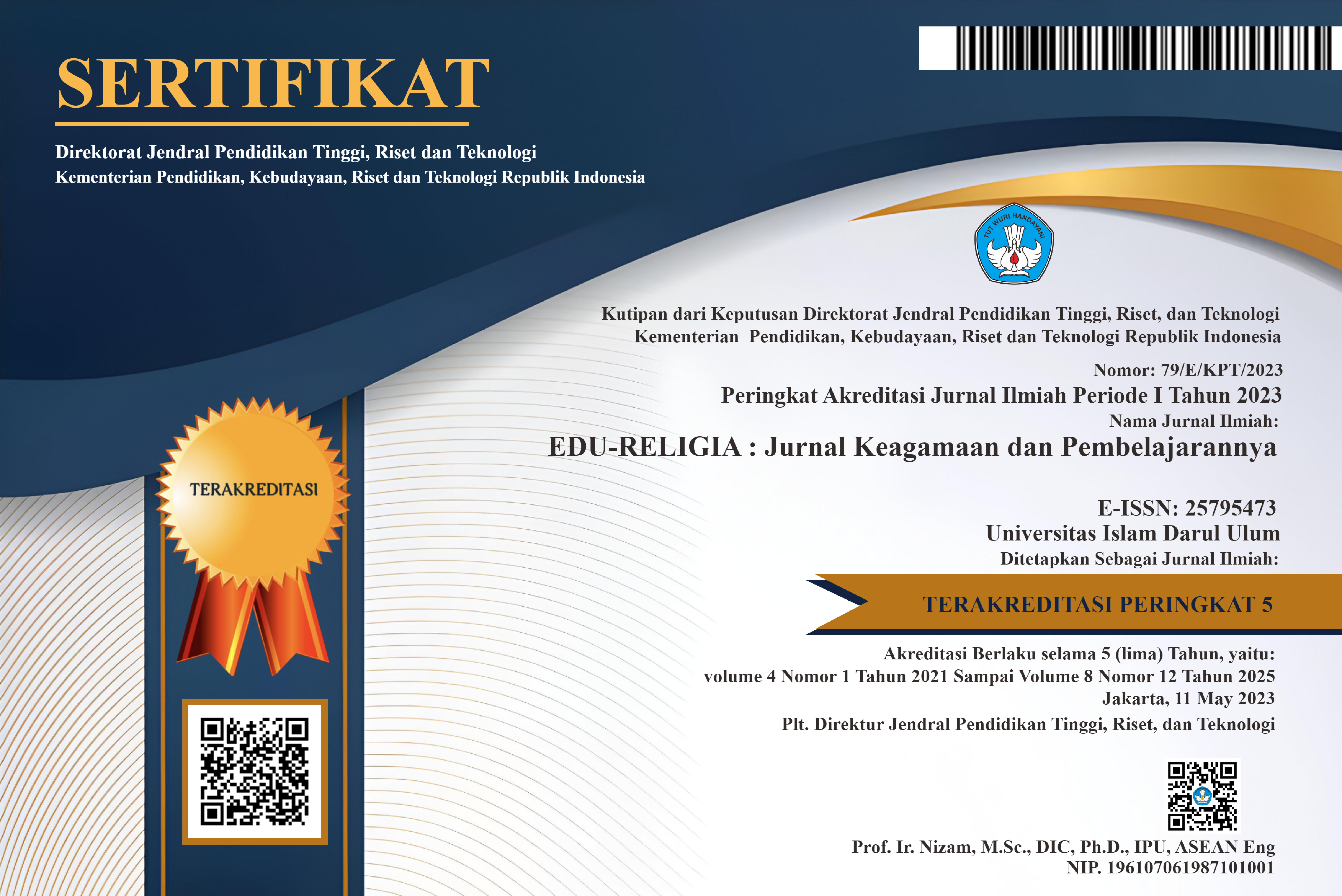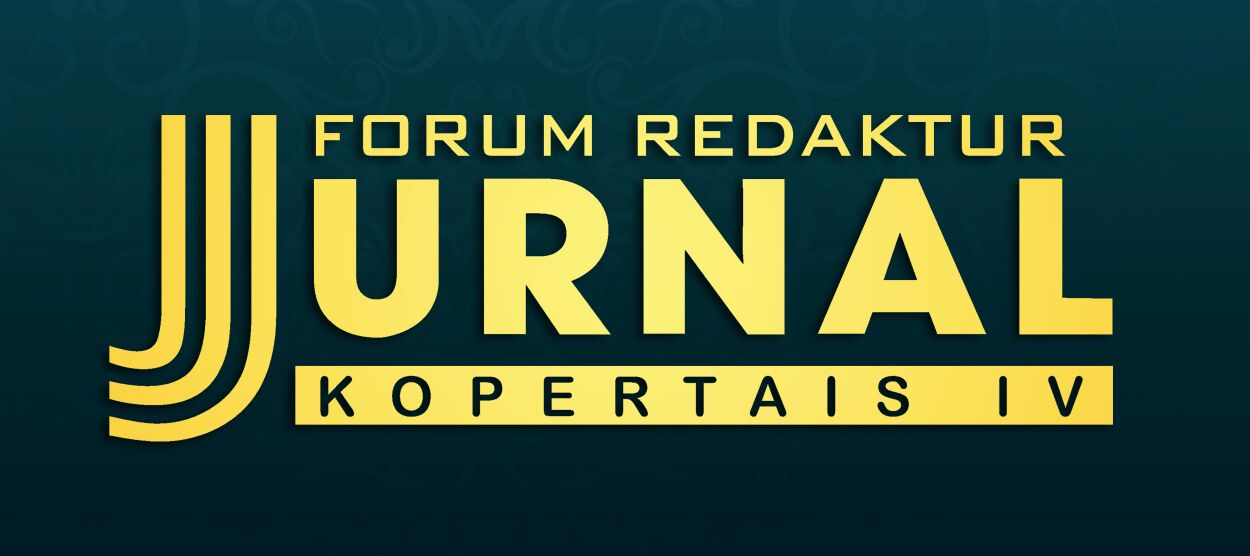Advance Organizer Learning Model in Improving Islamic Religious Education Learning Retention
Abstract
There are serious obstacles in the form of laziness in the learning process as well as difficulties experienced by students in remembering some Islamic religious education materials delivered by teachers and the purpose of this study is to find out the implementation and strategies of advance organizer learning models in increasing learning retention of Islamic Religious Education in SMP Negeri 1 students. Ngambon . The type of research used in this research is qualitative research. The data collection methods used are observation, interviews and documentation. The data obtained during the study were analyzed by data reduction steps, data presentation and drawing conclusions. The results of the study indicate that the implementation of the advance organizer learning model has been implemented by some teachers, but still needs improvement. Its contribution is to provide the ability to further arouse students' curiosity about the subject matter, provide opportunities for creative expression in the artistic aspect, enable students to learn through problem solving, test the truth of something, make discoveries (inquiry) on a problem topic, listen, learn independently. independently, learn to work together and to be more motivated in learning. advance organizer learning model strategy through three phases. The first phase is the presentation or presentation of students at SMP Negeri 1 Ngambon. The second phase is exploration by visiting the school library and surfing the internet. In the third phase, clarifying the meaning of the new learning material
Downloads

This work is licensed under a Creative Commons Attribution-ShareAlike 4.0 International License.








